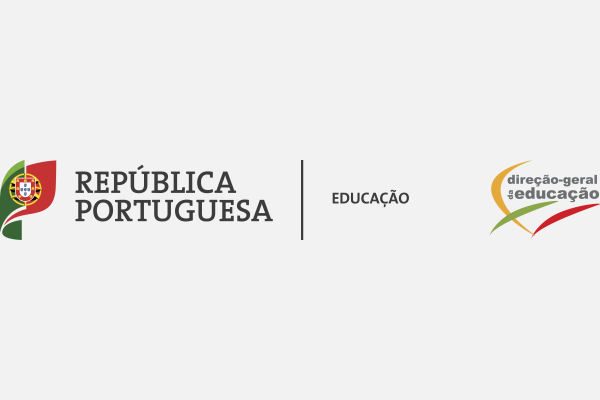Repository of Practices

Educational measures regarding reception and inclusion of children and young people whose mother tongue is not Portuguese
Dates
Type of practice
Summary
The Ministry of Education (MoE) carries out educational policies to support the Portuguese language learning, especially as the language of schooling, by offering Portuguese as a second language (PL2)/Português Língua Não Materna (PLNM) subject (instead of Portuguese subject), in primary and lower secondary education as well as in scientific-humanistic courses, specialised artistic courses and VET courses of secondary education.
The educational strategy outlined at national level since 2018 through legislation in force (Decree-Law no. 55/2018 of 6th of July; Decree-Law no. 54/2018 of 6th of July; Ministerial Implementing Order no. 223-A/2018, of 3rd of August; Ministerial Implementing Order no. 226-A/2018, of 7th of August; Ministerial Implementing Order no. 232-A/2018, of 20th of August, Ministerial Implementing Order no. 235-A/2018, of 23rd of August and Legislative Order no. 2044/2022, of 16th of February) seeks to ensure that the students who do not speak Portuguese as a mother tongue or who do not have Portuguese as a language of schooling have equal opportunities within the school system by creating equitable conditions of access to the curriculum and to educational success, regardless of their language, culture, social status, origin, and age.
When students aged 6-18 years are enrolled in the Portuguese education system, an initial interview is conducted where verbal and non-verbal aspects are observed. Additionally, a process of sociolinguistic assessment is carried out through the fulfilment of a form by parents or by legal guardians (identification of the languages spoken by the students; identification of students’ needs). Placement tests are applied to determine the students´ language proficiency level in Portuguese (models available at DGE website). Within this process, students can be placed at one of the following language proficiency levels: - initiation level (A1/A2); - intermediate level (B1); - advanced level (B2/C1), based on the Common European Framework of Reference for Languages (CEFR) benchmarks. This initial assessment can involve the coordinator of PL2 teachers, multidisciplinary teams, the coordinator of the teacher’s council, among others.
With a view to promoting equity and equal opportunities, the school alongside with parents/guardians, can provide students placed at initiation level (A1, A2) educational responses that facilitate access to the curriculum through the mobilisation of measures to support learning and inclusion, notably progressive integration into the curriculum and through adaptations to both the internal and the external assessment process.
Organizations
Main Implementing Organization(s)
Detailed Information
Partner/Donor Organizations
Benefit and Impact
In terms of external assessment, in the 9th and 12th grades, these students can sit national PL2 tests/exams, replacing the national Portuguese tests/exams. PL2 students positioned at the advanced level (B2/C1) follow the national Portuguese curriculum and may benefit from support classes, by decision of the school, as well as the use of dictionaries, in the context of national tests/exams. Statistics show that PL2 students are successful in national PL2 tests/exams.
The educational measure is included in the legislation in force.
Key Lessons
Recommendations(if the practice is to be replicated)
Innovation
• the promotion of a progressive integration into the curriculum, by attending selected teaching activities, based on the sociolinguistic profile and the students school pathways, in order to reinforce the learning of the Portuguese language and its development as a language of schooling.
• the development of other intervention projects approved by the school, under the favorable opinion of the Directorate-General for Education (DGE) or the National Agency for Qualification and Vocational Education and Training, I.P. (ANQEP, I.P.), depending on the educational and vocational offer attended.
Additional Resources
Date submitted:
Disclaimer: The content of this practice reflects the views of the implementers and does not necessarily reflect the views of the United Nations, the United Nations Network on Migration, and its members.
More Related Practices:
- Comité de Cultura de Paz y Derechos Humanos
- Strengthening the capacities and frameworks to collect data and evidence on migration, the environment and climate change (MECC) in Mexico
- Encuesta Nacional Migrante de la Argentina (ENMA)
- A Gender-Focused Qualitative Study on Health Care-Seeking Behavior and Access to Tuberculosis Treatment among Mobile Populations from Moldova
- IOM’s Regional Programme Strengthens the Protection of Child Victims across North Africa and Key Routes
Peer Reviewer Feedback:
*References to Kosovo shall be understood to be in the context of United Nations Security Council resolution 1244 (1999).
Newsletter
Subscribe to our newsletter.